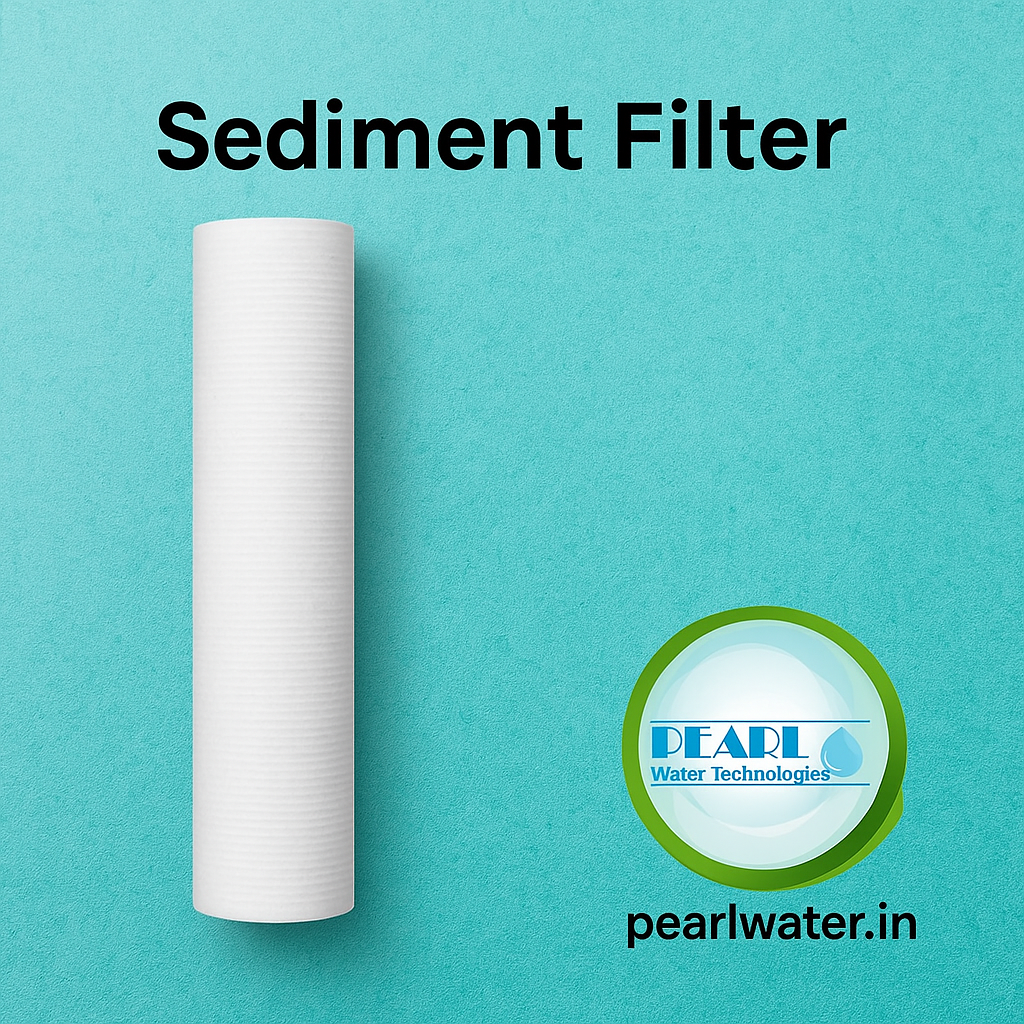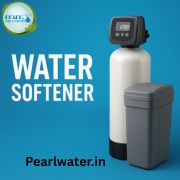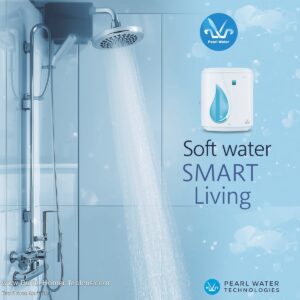Protect your RO & appliances with a powerful sediment filter. Removes dust, rust & sand. Shop online at Pearl Water Technologies today!
💧 Sediment Filter – The First Line of Defense for Pure Water
Brought to you by Pearl Water Technologies
Clean water begins with clean filtration—and that starts with a Sediment Filter. Whether you’re using an RO system or storing water in tanks, sediment buildup can clog pipes, reduce water flow, and damage your filters. That’s why a quality sediment filter from Pearl Water Technologies is an essential upgrade for any home.
Let’s explore how this simple but powerful component plays a major role in protecting your entire water system.
📑 Table of Contents
What is a Sediment Filter?
Why is it Important in Water Filtration?
Types of Sediments It Removes
Benefits of Using a Sediment Filter
Why Choose Pearl Water Technologies?
Conclusion
FAQs
What is a Sediment Filter?
A sediment filter is a pre-filter that traps solid particles such as dust, dirt, sand, rust, and silt from the water before it reaches your main purification system like RO, UV, or UF.
It’s the first line of defense in any water filtration setup. If these particles enter your RO system or appliances, they cause clogs, reduce lifespan, and lead to costly repairs.
Why is it Important in Water Filtration?
No matter how advanced your RO system is, it can’t work efficiently without a sediment filter. Here’s why:
Prevents clogging of RO membranes
Increases the life of your filters and cartridges
Ensures cleaner, clearer water output
Reduces maintenance frequency
Saves on replacement costs
Simply put, without a sediment filter, your entire water system works harder and wears out faster.
Types of Sediments It Removes
Sediment Type
Source
Harm Caused
Dust
Airborne particles in overhead tanks
Makes water cloudy
Sand
Borewell or municipal pipelines
Blocks filters and reduces water flow
Rust
Old galvanized plumbing lines
Can cause stains and metallic taste
Dirt
Underground water storage tanks
Clogs internal components of purifiers
Silt
River-sourced or surface water supply
Affects clarity and taste of water
A Pearl Water Technologies Sediment Filter efficiently filters out all these contaminants.
Benefits of Using a Sediment Filter
Here’s what makes it a must-have in every household:
✅ Protects RO and UV systems from early damage
✅ Enhances water clarity and quality
✅ Extends cartridge and membrane life
✅ Requires low maintenance
✅ Easy to install and replace
✅ Suitable for domestic and commercial use
Why Choose Pearl Water Technologies?
At Pearl Water Technologies, we focus on building long-lasting and high-performing water filtration components.
Here’s what sets our sediment filters apart:
🧪 Made with premium polypropylene (PP) material
⏱ High flow rate and low pressure drop
🧩 Compatible with all major RO systems
🔧 Quick DIY installation
💰 Budget-friendly and long-lasting
📦 Available for bulk or household needs
Thousands of homes across India trust Pearl Water for better water, every day.
Conclusion
If you’re serious about protecting your water purifier and ensuring your family drinks safe, clean water, then a Sediment Filter is your best investment. This small, affordable component prevents big problems—and keeps your purification system running like new.
Don’t wait for your RO system to clog or break.
Act today with a premium-quality sediment filter from Pearl Water Technologies.
👉 Buy Now: Pearl Water Technologies
FAQs
1. What does a sediment filter remove?
It removes dust, sand, rust, dirt, and silt—all of which can harm your RO system or reduce water quality.
2. How often should I change my sediment filter?
For best performance, replace it every 3 to 6 months, depending on your water quality and usage.
3. Is it compatible with all RO systems?
Yes! Pearl Water’s sediment filters are universally compatible with most domestic RO purifiers.
4. Does it improve the taste of water?
While it doesn’t directly affect taste, it improves clarity and allows other filters (like carbon) to function better, indirectly enhancing taste.
5. Can I install it myself?
Yes. It’s very easy to install, and we also provide guidance if needed.
6. What size filter do I need?
Most domestic systems use 10-inch sediment filters—which is our standard size.
7. Can it be used for borewell water?
Absolutely! In fact, it’s highly recommended for borewell or municipal sources with heavy sediment.




